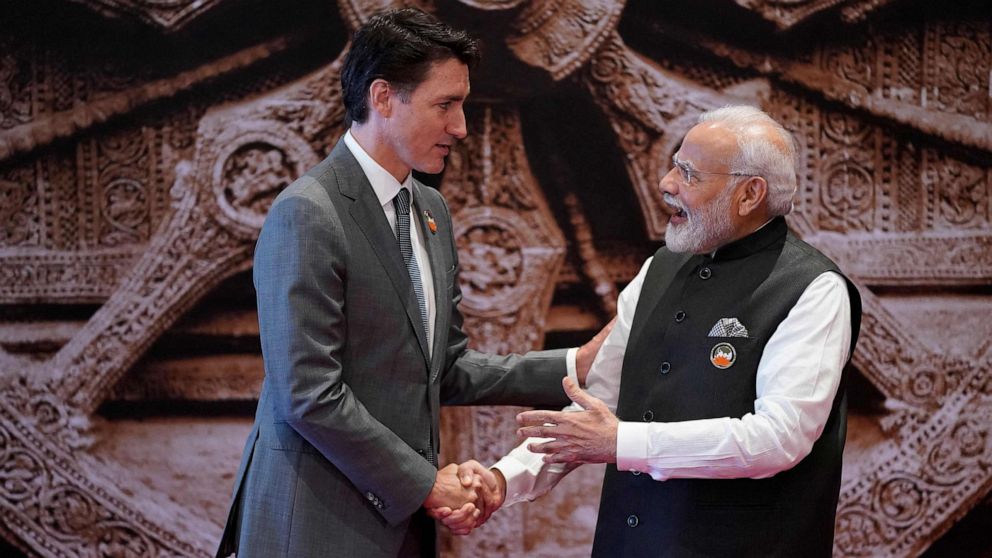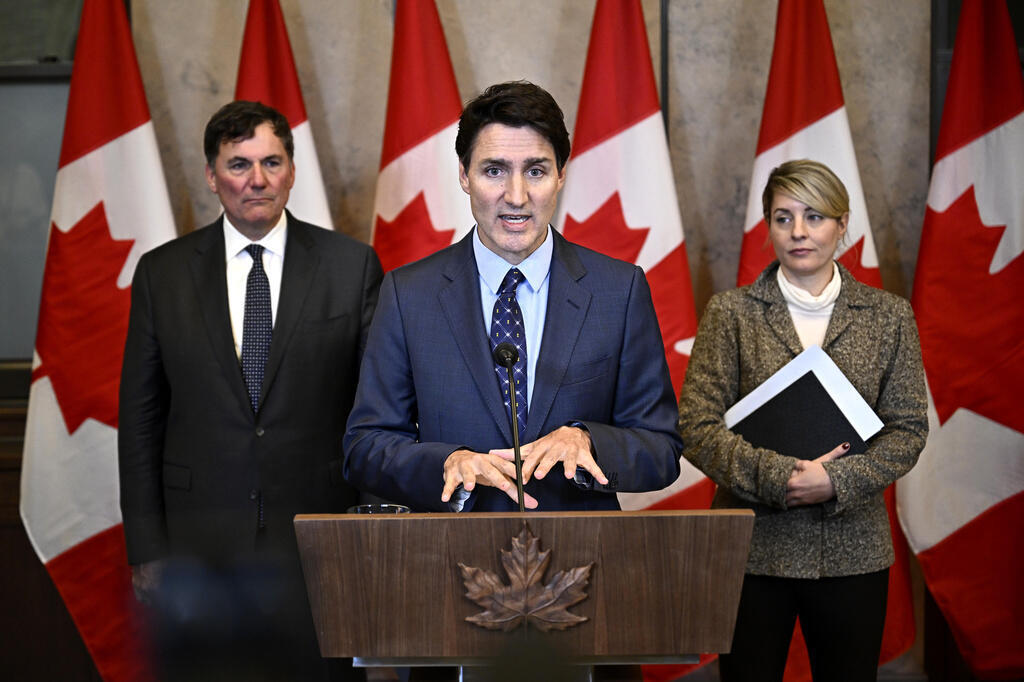Recent allegations from Canadian officials claiming that agents of the Indian government were involved in a series of murders and extortion campaigns have significantly strained diplomatic relations between the two nations.
This unprecedented rift has raised concerns about the potential impacts on the extensive trade and immigration connections that exist between Canada and India, which include a bilateral trade valued at billions of dollars and a significant Indian diaspora of approximately 1.7 million people living in Canada.
Despite the ongoing tensions, neither country has yet resorted to tariffs or economic retaliation. However, experts warn that this situation could change and that a deterioration of relations could adversely affect economic growth. According to Arif Lalani, a senior advisor at StrategyCorp and former Canadian diplomat, the primary challenge for businesses and citizens alike will be the uncertainty surrounding future relations.
The two countries have been attempting to negotiate a bilateral trade agreement for over a decade, but discussions were halted last year shortly before Prime Minister Justin Trudeau made allegations against India regarding the murder of Sikh separatist Hardeep Singh Nijjar.

Allegations of Indian Government Involvement in Murders Strain Canada-India Diplomatic Relations and Threaten Trade Ties
The trade relationship has so far remained stable, with bilateral trade figures reported around $8 billion. Canada’s trade minister has reassured business leaders that the government intends to maintain commercial ties with India.
Nevertheless, the uncertainty stemming from the political situation may prompt businesses to reconsider their expansion plans, as they may be less inclined to seek new opportunities in either country amidst the diplomatic fallout.
The rift also poses significant challenges for the movement of people between Canada and India. Since 2018, India has been Canada’s top source of international students, with a sizable portion of Canada’s population being of Indian origin.
Many individuals seeking to study or work in Canada are now apprehensive about how the ongoing diplomatic tensions may affect their immigration plans. Although immigration processing remains operational, legal professionals advise that applicants should prepare for potential delays as a result of reduced diplomatic staffing.
As the situation unfolds, the potential for visa restrictions remains a point of concern, particularly given India’s previous suspension of visa processing for Canadian nationals. Such actions would likely have ramifications on trade, tourism, and investment, especially for Canada’s large Indian diaspora.
With Canadian authorities investigating the allegations against Indian government agents and pursuing legal action against those involved in Nijjar’s murder, experts anticipate that tensions will persist. Prime Minister Trudeau has emphasized the importance of maintaining economic and social ties despite the accusations, while India’s government has issued a stern response, stating it reserves the right to take further actions.











































